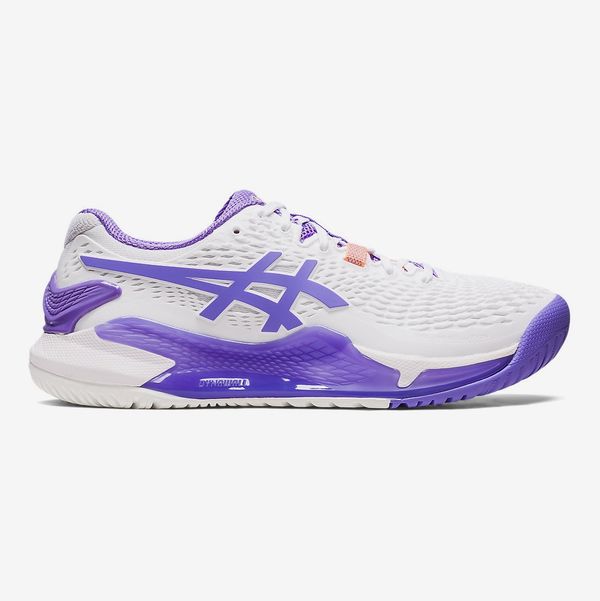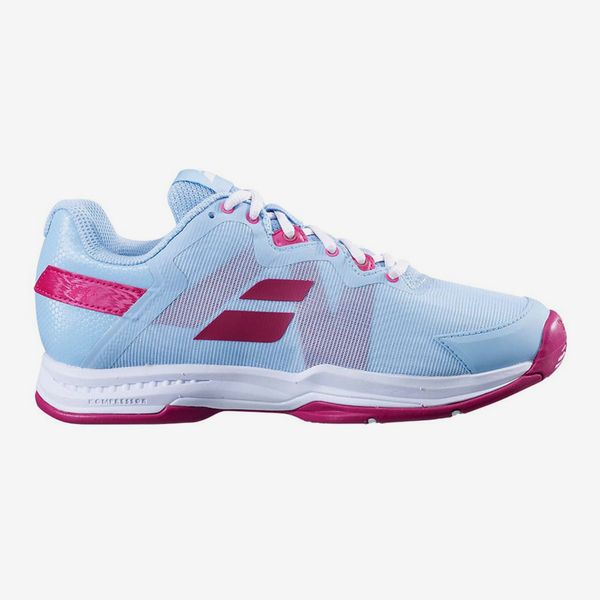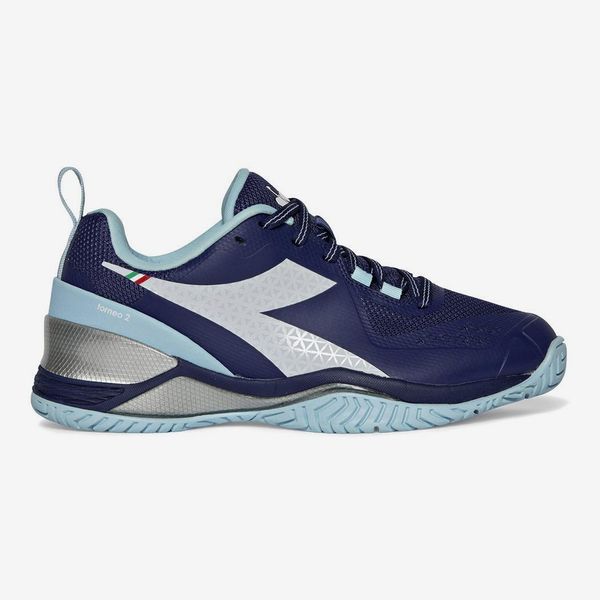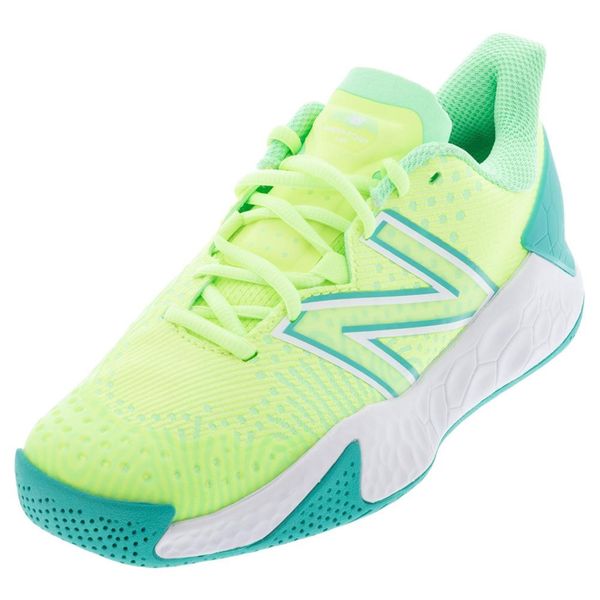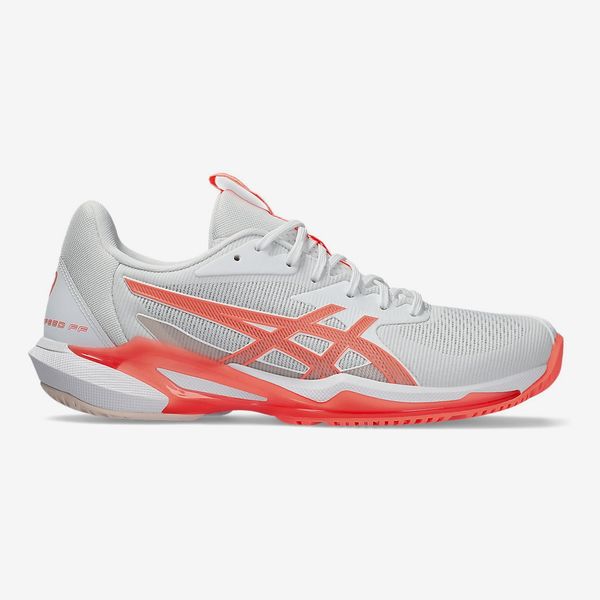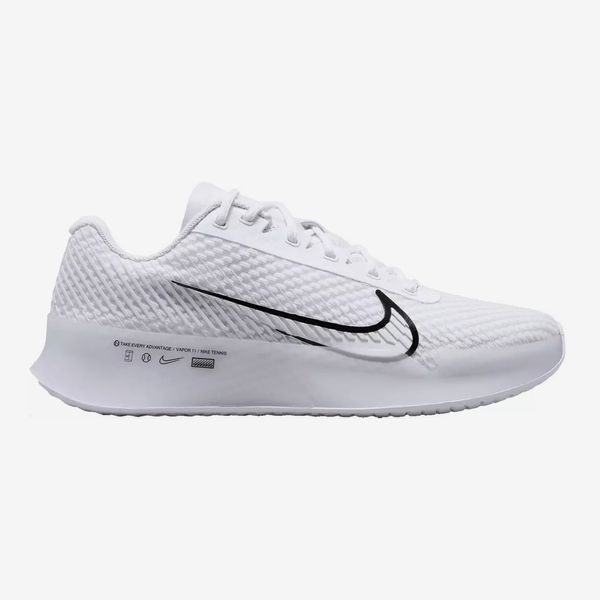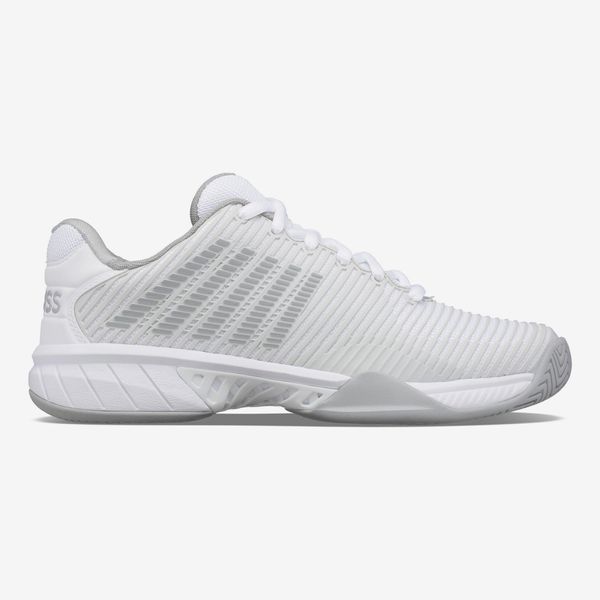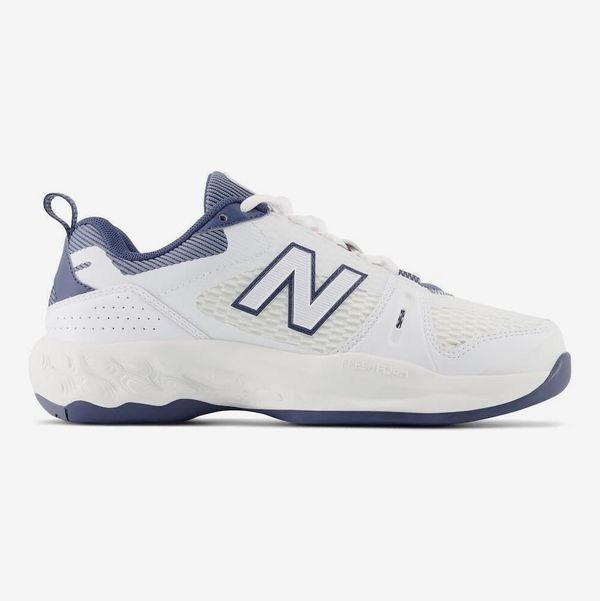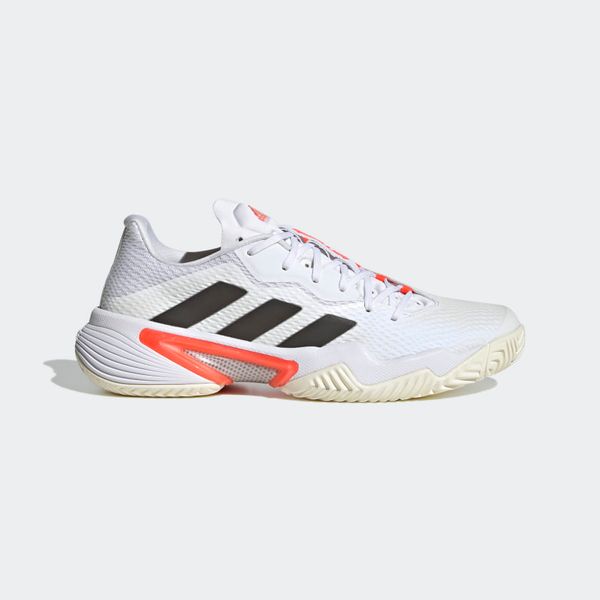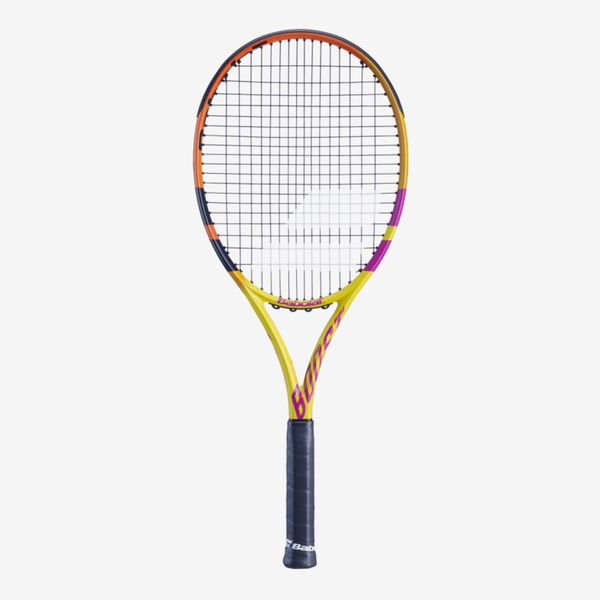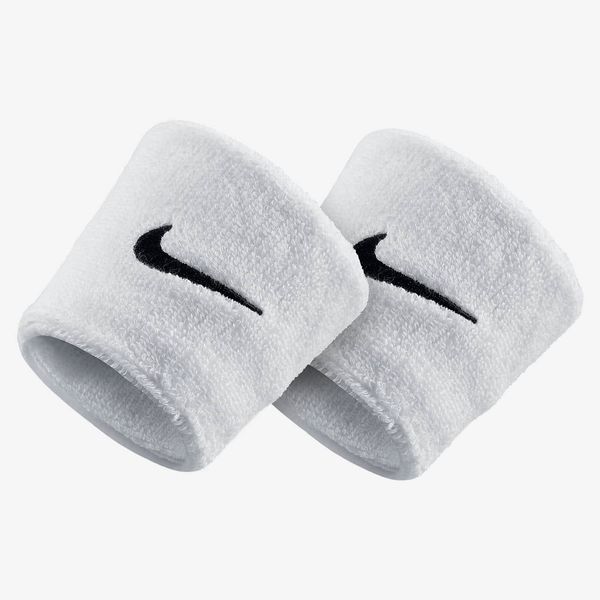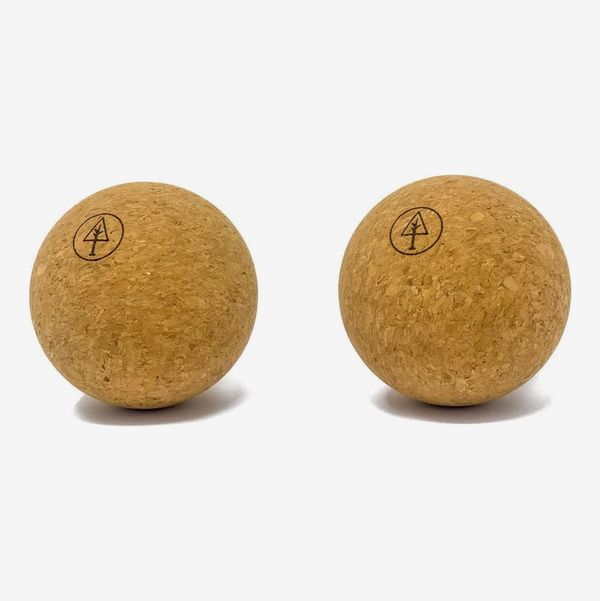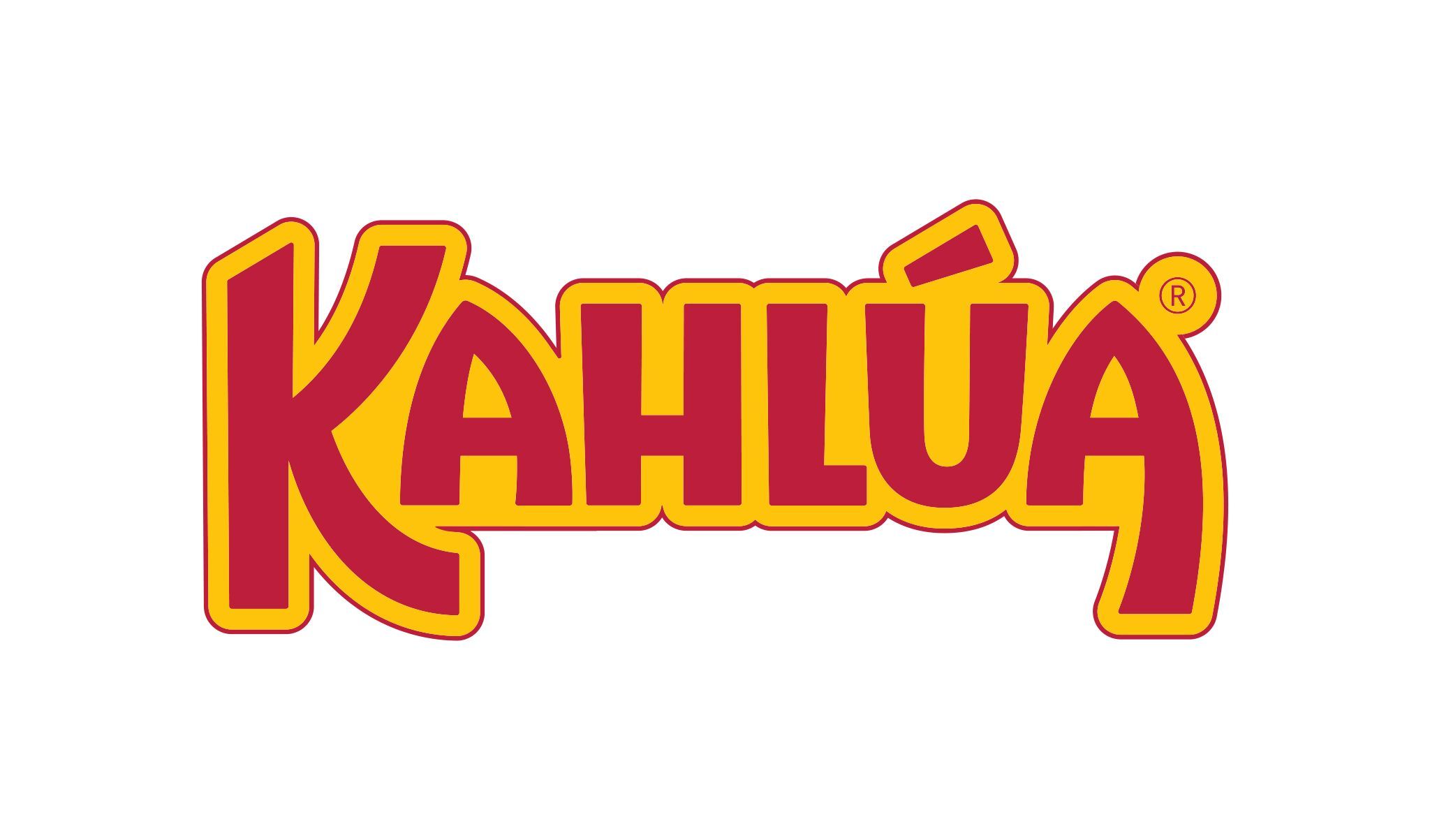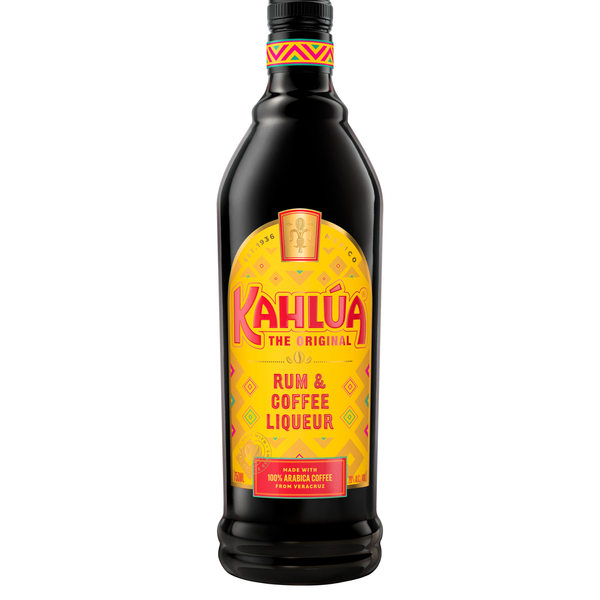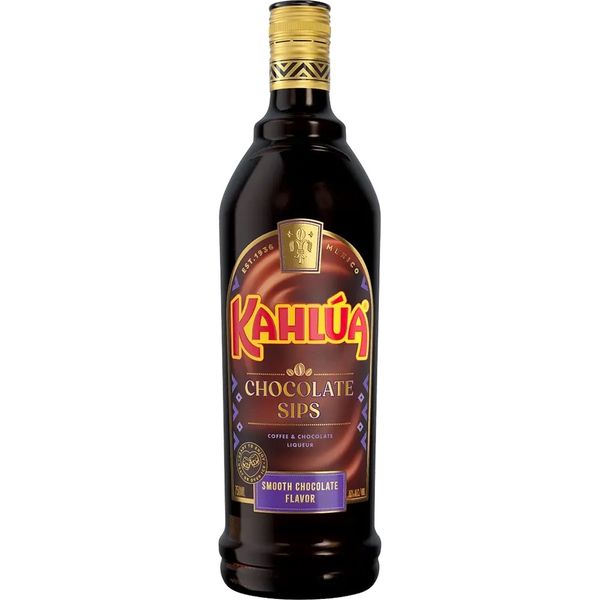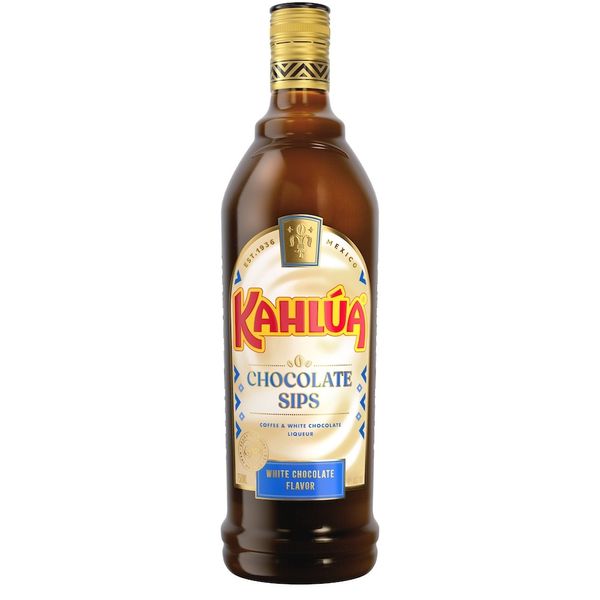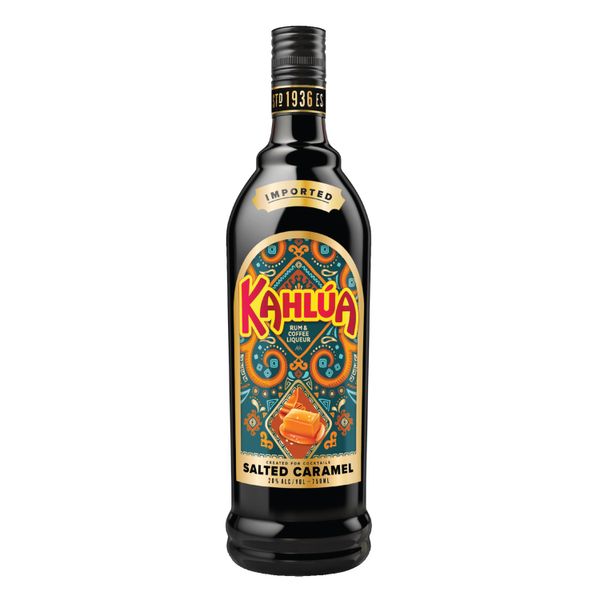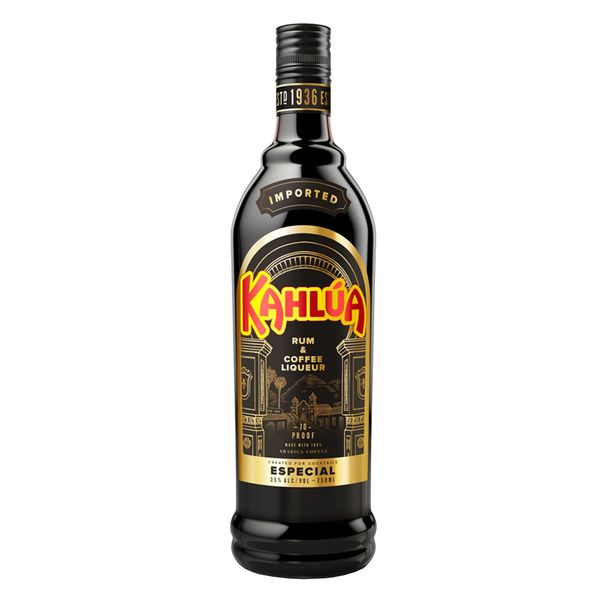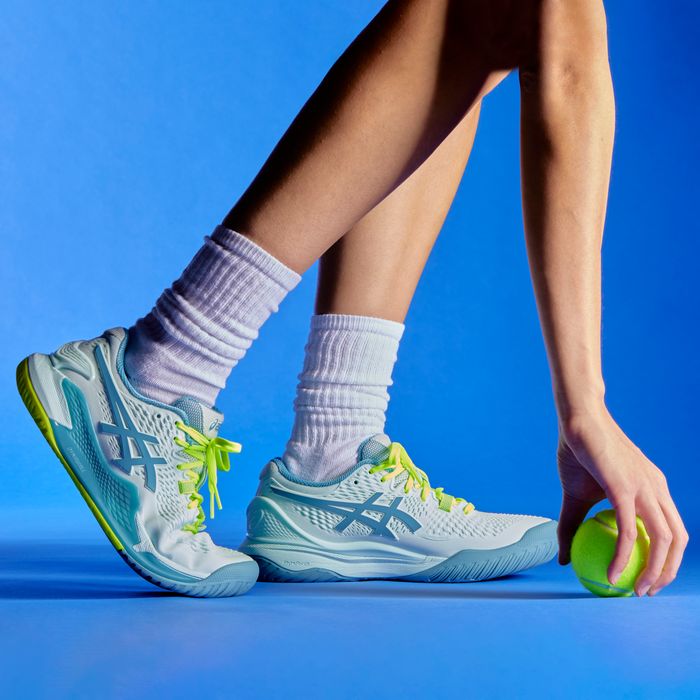
In this article
Tennis requires a huge range of movement: running backward, lunging, sidestepping, and even sliding (if you’re a Francesca Schiavone wannabe), which is why running shoes and other nonspecific sneakers won’t cut it on the court. After playing tennis regularly for the past 15 years, mostly on hard courts, I’ve learned that my shoes are my most important piece of tennis gear, because they offer support for all those types of movement. Tennis is ultimately a mental game, and a new pair of shoes can give you a boost, which writer Emilia Monell can attest to. As Monell, who trained at IMG Academy under coach Nick Bollettieri and played for Columbia University’s varsity team, explains, “My coaches always said I had more energy the first day I got new shoes.”
With so many considerations, it can be difficult to determine which women’s tennis shoes are ideal for your playing style and your feet: Maybe you have wider feet and need a shoe with more toe room, or maybe you’re one of the many who suffer from plantar fasciitis. I spoke to a host of tennis experts, including tennis-store buyers, college coaches, and club directors about their top women’s tennis-shoe picks, and tested a few of the men’s versions of these shoes myself. If you already have an idea of what you want, skip directly to the type of shoe you’re looking for in our table of contents above. Otherwise, read on for nine options that will suit all types of players, from serve-and-volleyers to baseline loyalists.
Update on November 20, 2024: Replaced New Balance 1006 with New Balance Fresh Foam X 1007 (newer version); updated prices and checked stock for all products.
What we’re looking for
Durability
Tennis training involves so many repetitive movements that you’ll likely find you damage your gear in the same places time and time again. I burned through many pairs of tennis shoes over the past decade and always wore a hole in the left shoe because I dragged my foot while hitting backhands. Mike Layton, owner and CEO of Westside Tennis in Santa Monica, California, explains that tennis shoes need to withstand a specific type of pivoting and start-stop wear and tear, so that’s why they are more solid around the whole perimeter of the shoe. While this construction may seem clunky at first, the bulk is necessary for the shoe to last a reasonable amount of time. Depending on how often you play, your shoes will degrade at varying rates. Monell offers a general guideline of a three-month shoe lifespan for players training at a competitive level. In comparison, recreational players can stay with one pair for a year. Monell recommends a test to see if you need to replace your pair: “Place the two ends of one shoe between your hands and apply pressure — if the shoe caves in on itself, it’s lost support, and it’s time to get new ones.” Below, I’ve specified durability for each pair of shoes, ranging from “moderate,” which is the least durable, to “enhanced,” or medium durability, to “maximum.”
Support
It’s not uncommon to see players on court with tape around their ankles. Tennis is a joint-heavy sport that involves tons of lateral movement and frequent changes in direction, so the structure and support of a tennis shoe are designed to handle this demanding sort of action. According to Layton, tennis shoes are typically a little heavier than running shoes and “have better lateral support on the inside and outside of the shoe” to protect the ankle, so you don’t strain or twist it when you’re moving side to side. For players who are newer to the sport, this can be an adjustment, says Karen Moriarty, co-owner of the Tennis Professionals — Sportech in Rye Brook. “You might be shocked when you put a tennis shoe on and think, Oh my God, these feel so much stiffer than my running or walking shoes,” she says.
Fit
Woody Schneider, co-owner of NYC Racquet Sports, says the best shoe is the one that fits your foot the best, and the fit of the shoe will depend on your feet (wide, narrow, injuries, etc.). A wide toe bed is necessary for stability, but you don’t want so much room that your toes are jamming and bruising. (Mark Mason, owner of Mason’s Tennis, says that players should make sure they have about a half-inch between the end of their toe and the toe cap. “A lot of people often buy shoes too small, and end up losing a toenail,” he says.) I’ve done my best to articulate which type of foot the shoes cater to in each entry below. If you can, try the shoes on in person first to see if they’re a good fit, or if you’re shopping online, make sure the store has a good return policy.
Best women’s tennis shoe overall
Durability: Enhanced | Support: Heavy | Fit: Versatile
If you’re not sure where to get started, I recommend the Asics Gel-Resolution, which is also my top men’s tennis-shoe recommendation. (Its support and stability made it a top choice in our roundup of the best women’s workout shoes, too.) It came highly recommended by four of our experts and is a safe bet for all kinds of players and foot types. Layton has worn the Resolution for years and says, “It hits all of the requirements for a good tennis shoe, including good lateral support and stability. I’ve had foot issues in the past but not with these.” He adds that they could work for a majority of people regardless of skill level. Claire Ann Pollard, head coach of Northwestern University’s women’s tennis team, also calls the Asics Gel-Resolution her favorite, and Moriarty of the Tennis Professionals says they are consistently a top pick for her customers.
Best less-expensive overall tennis shoe (and best for plantar fasciitis)
Durability: Enhanced | Support: Maximum | Fit: Slightly wide
The SFX 3 is not only my best less-expensive pick for its stable, durable sole, but also my top recommendation for players with plantar fasciitis, which happens when the band of tissue that connects your heel bone to the toes gets inflamed. If you have plantar fasciitis, the most important qualities to look for in a tennis shoe are extra cushioning in the heel, thick soles, and extra padding to reduce shock. This Babolat shoe checks all three boxes because it is designed with thermoplastic rubber, a memory foam insole, and a tube compression system beneath the heel for exceptional shock absorption. Schneider of NYC Racquet Sports says these shoes are cut slightly on the wider side, which is great if plantar fasciitis requires you to fit custom orthotics, extra-cushioned socks, or inserts. Anthony Evrard, founder and CEO of tennis club and school Court 16 in New York, adds that Babolat shoes are especially durable and long lasting because the outsoles are made from Michelin rubber.
Most comfortable tennis shoe
Durability: Enhanced | Support: Maximum | Fit: Standard
If you prioritize comfort and want thick, comfortable soles to protect your feet from the unforgiving surface of a hard court (which are usually built with a concrete or asphalt foundation), I recommend the Torneo 2. It also comes recommended by Mark Mason, the owner of Mason’s Tennis, who says its thick sole around the heel gives it lots of cushioning. The trade-off with more cushion in a tennis shoe tends to be a lack of responsiveness and speed — traits you’d find in a nimbler, lighter model. But that’s not the case with the Torneo. Despite its thicker heel, it’s not that much heavier than other shoes on this list. (For comparison, the Asics Solution Speed FF 3, which we picked as the most responsive tennis shoe, weighs just over 10 ounces, which is 1.4 ounces less than the Torneo 2, which weighs 11.4 ounces. The Adidas Barricade weighs about 12.4 ounces.) Mason adds that while Diadora is a brand known for its cushioning and support, its shoes also generally have wider toe boxes, so you might find more room for your toes to breathe in a model like the Torneo 2.
Best less-expensive comfortable tennis shoe
Durability: Maximum | Support: Heavy | Fit: Wide
Also one of my top men’s tennis-shoe recommendations, the New Balance Fresh Foam Lav V2 is a comfortable, max-cushioned shoe that doesn’t skimp on responsiveness or durability. Harry Tong, host of Tennis Spin on YouTube and a buyer at California Tennis Club, says this New Balance pair is “the softest, most cushiony, most bouncy shoe you can have in tennis.” (We also selected the Fresh Foam Lav as the most comfortable men’s tennis shoe.) Tong compares the cushion level to the springy, super-popular Adidas Ultraboost and describes the fit as “a soft, comfortable ski boot.” Greg Pearson, owner of Tiki Tennis in Islamorada, Florida, agrees that of all the brands he has tried, New Balance is the most comfortable. This shoe is particularly durable, too, because it comes outfitted with a toe-drag tip (to prevent excessive wear on the toe) and New Balance’s NDurance rubber outsole, which has a six-month limited-warranty guarantee.
Most responsive tennis shoe
Durability: Moderate | Support: Flexible | Fit: Standard
Whether you’re returning a serve, shuffling at the baseline, or scrambling for a drop shot, it helps to have responsive shoes so you can react as quickly as possible. For those needs, I recommend the Asics Solution Speed FF 3. (Shoes that feel nimble are my personal favorite to wear on the court, which is why the men’s version is also my top recommendation for a responsive shoe.) Dana Mason (of Mason’s Tennis) also recommends the Speed FF 3, which is lighter and more flexible than the Asics Resolution (my best overall pick). The FF 3 has a little bit less cushioning, which is ideal for players who like to feel fast on the court. Mason says it’s her personal favorite and the one she wears because it’s lightweight and has a roomy toe box; it’s also her top pick for clay courts.
Best tennis shoe for narrow feet
Durability: Moderate | Support: flexible | Fit: Narrow
Nikes tend to run narrow in general, and that’s especially true of the brand’s Vapor line of tennis shoes. If you have narrower feet — or if you’ve had success with Nike’s running shoes — you’ll likely fit into the Vapor 11. Phil Parrish, tennis director of the Longfellow Health Club in Wayland, Massachusetts, also recommends this pair for people who have trouble finding a snug fit in other brands. This model is designed with reinforced mesh for extra support, and the outer mesh has a thin, flexible overlay for added durability. Mason of Mason’s Tennis adds that this is a great shoe for clay, on which you can get away with a lighter, less cushioned shoe because the ground surface is more forgiving. This shoe is also sliding friendly because the medial eye-stays (the holes through which your shoelaces are threaded) closest to your toes are covered for added durability. Mason says it’s currently the best-selling men’s and women’s shoe at his store.
Best tennis shoe for wide feet
Durability: Enhanced | Support: Heavy | Fit: Wide
If you have medium to wide feet and use thick socks for tennis (like I do), you’ll likely benefit from a big toe box that will let your feet breathe. The Hypercourt Express 2 is a great shoe for players with wider feet, and also gets the stamp of approval from Tong and Parrish, while Moriarty and Dana Mason both say this is one of the most popular shoes with their customers. Mason says the standard women’s B width (D is a women’s wide) has a wider overall fit, so it may be a good choice if your foot is slightly wider than average but not wide enough to need a D-width shoe. “It’s really nice on a hard court because of the durable sole,” Mason says, though it is a great all-court shoe. The K-Swiss Hypercourt Express is also known for a minimal break-in period thanks to its Durawrap Flex technology, which offers support without stiffness. (And if the Hypercourt Express isn’t wide enough, she recommends the New Balance 1006, featured below.)
Best tennis shoe for older players
Durability: Enhanced | Support: Extra-cushioned | Fit: Extra-wide
It’s often the case that older players are looking for a wide tennis shoe that is lightweight and extremely cushioned. If this set of criteria sounds familiar to you, I recommend the New Balance Fresh Foam X 1007. It has extra-plush cushioning and offers tremendous support for players with foot issues. Dana Mason notes that this model comes in a D width and that its light weight makes it popular among players who feel less spry than they once did.
Most durable tennis shoe
Durability: Maximum | Support: Intense | Fit: Standard
Although I haven’t tested the women’s version of the Barricade specifically, I grew up playing in the men’s Barricade and abused them on the court for years. I drag my toes more than anyone I play with, so much so that, as I mentioned above, I would develop literal holes in the toes of other shoes — but never in the Barricade. That’s why it’s my top recommendation if you’re looking for a durable shoe. It’s come a long way from its first iteration in 2000. The beauty of the current model, is the lock-in construction of the lacing, which molds the tongue to your foot to create maximum stability and makes for a great fit regardless of foot type. As its name suggests, the Barricade is a remarkably tough shoe that’s on the heavier side and designed to last.
Some more tennis gear we’ve written about
Our experts
• Anthony Evrard, founder and CEO of tennis club and school Court 16
• Mike Layton, owner and CEO of Westside Tennis
• Dana Mason, buyer at Mason’s Tennis
• Mark Mason, owner of Mason’s Tennis
• Emilia Monell, writer and former junior and college player
• Karen Moriarty, co-owner of the Tennis Professionals — Sportech
• Phil Parrish, tennis director of the Longfellow Sports Club
• Greg Pearson, owner of Tiki Tennis
• Claire Ann Pollard, head coach of Northwestern University’s women’s tennis team
• Woody Schneider, co-owner of NYC Racquet Sports
• Harry Tong, host of Tennis Spin and a buyer at California Tennis Club
• Pema Yangzom, sales associate at Mason’s Tennis
Additional reporting by Karen Iorio Adelson, Sanibel Chai, and Alex Ivker.
The Strategist is designed to surface the most useful, expert recommendations for things to buy across the vast e-commerce landscape. Some of our latest conquests include the best acne treatments, rolling luggage, pillows for side sleepers, natural anxiety remedies, and bath towels. We update links when possible, but note that deals can expire and all prices are subject to change.

